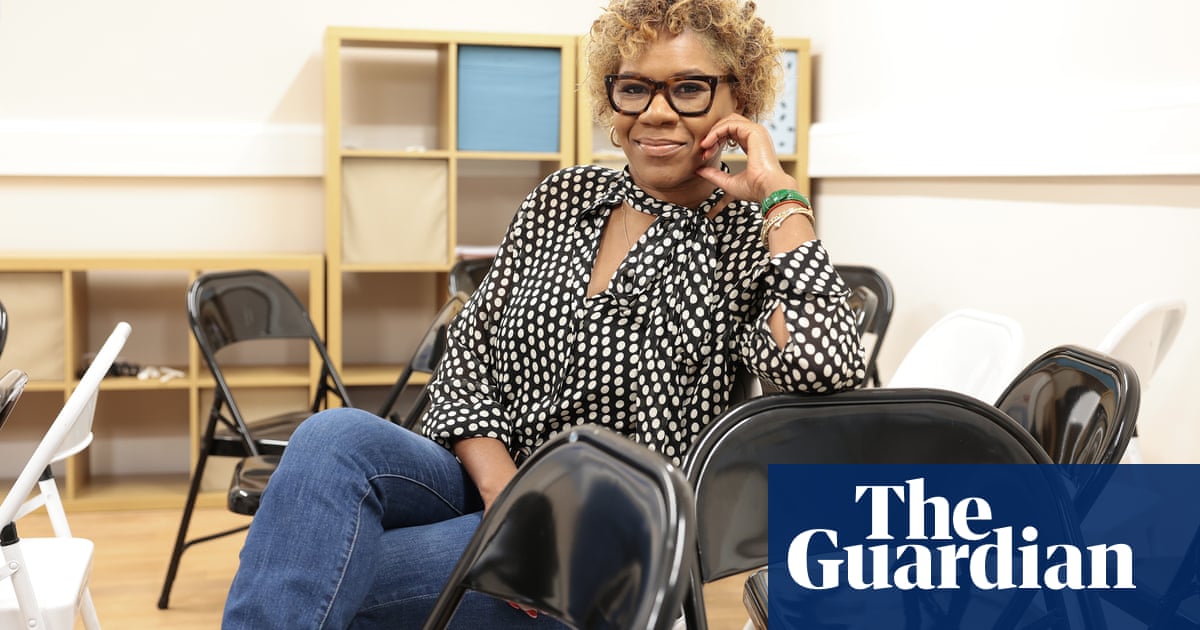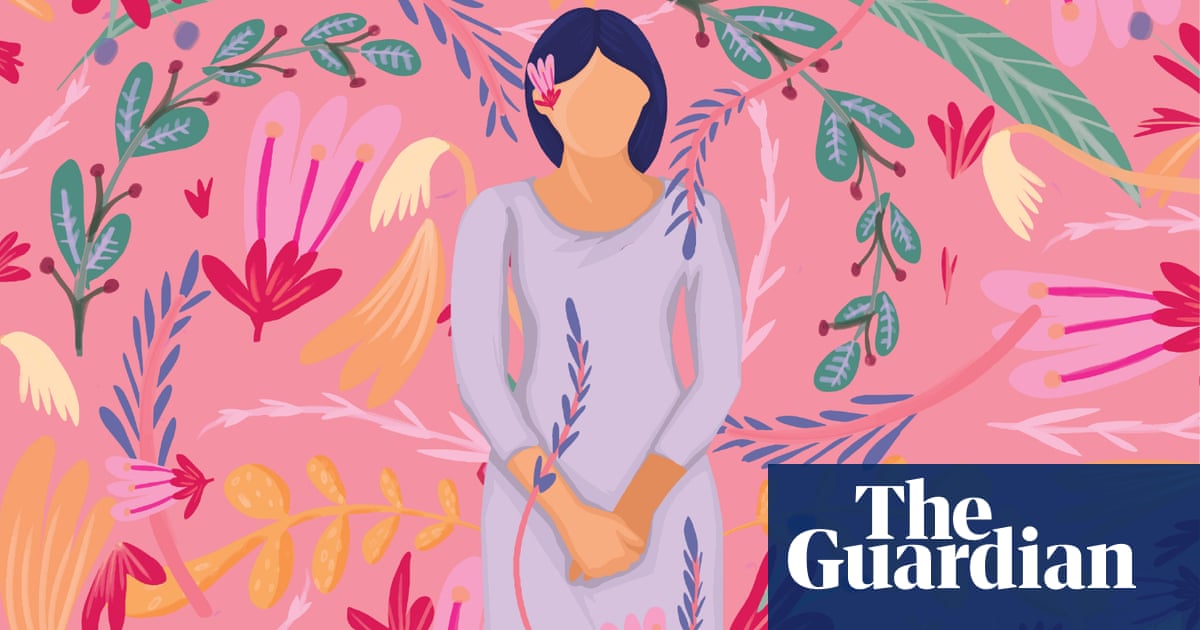
In the sprawling urban slums of Barishal, where monsoons and flooding are inescapable, life for women is hard. They are more likely to miss out on getting an education, and without the proper knowledge and skill set, many struggle to make a living. As they are more likely to live in poverty, they are more affected by disasters. But despite these challenges, with the help of livelihood grants from the Red Cross, many women in Barishal are finding innovative ways to eke out a living.
Rina, 37, from Palashpur, wakes up early every day to start preparing for work. From a side road of a small slum with heavy foot traffic, she has been running a successful tea stall for the last two years. Brightly coloured crisp packets hang like a banner across her shopfront, where Rina sells roughly 160 cups of tea a day at 5 taka (under 5p) a cup.
She uses the money to pay for her children’s education and managed to save enough to buy a small TV, which kept her busy during the World Cup. “Everyone here loves football, so I thought it would be a good investment,” she says proudly. “Not everyone in the slums owns a TV, so when they stop to watch, they also buy tea.”
Married at 12, Rina now has five children and is the sole breadwinner of her family. Her husband suffered a stroke seven years ago and is no longer able to work. “I had no money to feed my children. I’d already taken out loans and was worried about our financial situation.” But in 2018, she received a small grant, which enabled her to kickstart her own business.
Rina’s customers are mostly men; labourers who come to drink chai during their breaks and catch up with their friends. Though they don’t speak to Rina much, she has learned a lot from listening in on their conversations. “They discuss everything – sports, politics, economics and the weather – information I never had access to while sitting at home.”
Knowledge about the weather is particularly important for Rina as flooding hampers her business. “When the water comes in, people aren’t interested in sitting around drinking tea.”
As she buys her tea wholesale, grown in north-eastern districts such as Sylhet, it’s important for Rina to know of incoming natural disasters that might affect her supply, so that she can plan ahead.
Mahmuda, 36, has just had a baby and is making plans on how to balance her tailoring business with motherhood. After receiving a small business loan, Mahmuda was able to establish her tailoring business, which has been going from strength to strength. Dressed in a traditional shalwar kameez she made herself, Mahmuda gently rocks baby Diya back and forth.
After going into labour early and losing a lot of blood, the doctors thought both mother and baby wouldn’t make it. Mahmuda was able to use the money she generated from her business to pay for hospital fees and basic necessities for her premature baby.
“My business is slowly expanding, and I am able to feed my children,” she says. Mahmuda buys materials and sews clothes for the women in her community. She recently bought a wardrobe to safely store her clothing and protect it from flooding and the smell of the draining system outside her home.
Mahmuda lives with her baby and two young sons, sick husband and elderly mother – all of whom she supports financially. Her father left when she was small, so Mahmuda’s mother raised her on her own. She is happy to now be able to take care of her in return. “I am also able to maintain my sons’ educational expenses, which I couldn’t do before – it was a real struggle to pay their tuition fees every month.”
Every morning, before the sun rises, Mukhal, 28, sets off on a small dinghy to the local fish market. Dressed in a black burka and face veil so as not to draw attention, Mukhal is one of the few women who can be found in a market mostly dominated by men. Over time she has been able to develop her negotiation skills, so she gets a better price for the catch. She then fills her basket and carries it back to her village, where she sells the fish to her neighbours.
Mukhal has led a difficult life. Forced into marriage at the age of 12 when her father died, she became pregnant at 15, and was beaten then abandoned by her husband who took another wife. Her home is on the banks of the river and prone to flooding. “Everything I do is for my son. My only hope is to be the best mother that I can be. I don’t want my son to live this kind of life – I want him to be educated and to have a good job. He wants to be an engineer! I work hard to pay for his education, so he doesn’t have to struggle like me.”
Also driven by a strong desire to help her family, Chompa, 15, currently works in an electronics factory. Her father was a rickshaw puller, but because of his old age and the flooding from heavy rain, such arduous work has become difficult. So Chompa is now the main breadwinner in her family, spending all day at a factory where she uses her small hands to put together electronic goods destined for faraway places; worlds she catches brief glimpses of through the TV screens that she helps assemble.
Chompa earns approximately 4,000 taka (£36.30) a month, which she puts towards rent, food and her parents’ medicines. But a few months ago, while building a fan, it suddenly switched on and the blades sliced off three of her fingers. “There was blood everywhere,” she says. “After a few seconds, I passed out.” Though the factory covered her hospital bill, and at this time she is still receiving her monthly salary, a future without able hands feels uncertain – she says she is likely to be downgraded or dismissed from her role.
“What can I expect from this life?” she asks. “I have many dreams, but there are no opportunities.” She wishes she could attend school, but like many young girls from Barishal, this isn’t always an option. One day, when she is old enough, Chompa wants to own a business. She has seen the examples of other women in her community achieving success; providing her with glimmers of hope that another reality is not only possible, it is within reach.
The British Red Cross campaign, It Starts With Her, is helping women in Barishal to learn new skills, improve their lives and make their communities more resilient to disasters. Through UK Aid Match, every pound you give to the British Red Cross up to the value of £2m will be doubled by the UK government. With your help, they can support thousands of strong women – and, as a result, their communities – to be even stronger. To donate, visit donate.redcross.org.uk












